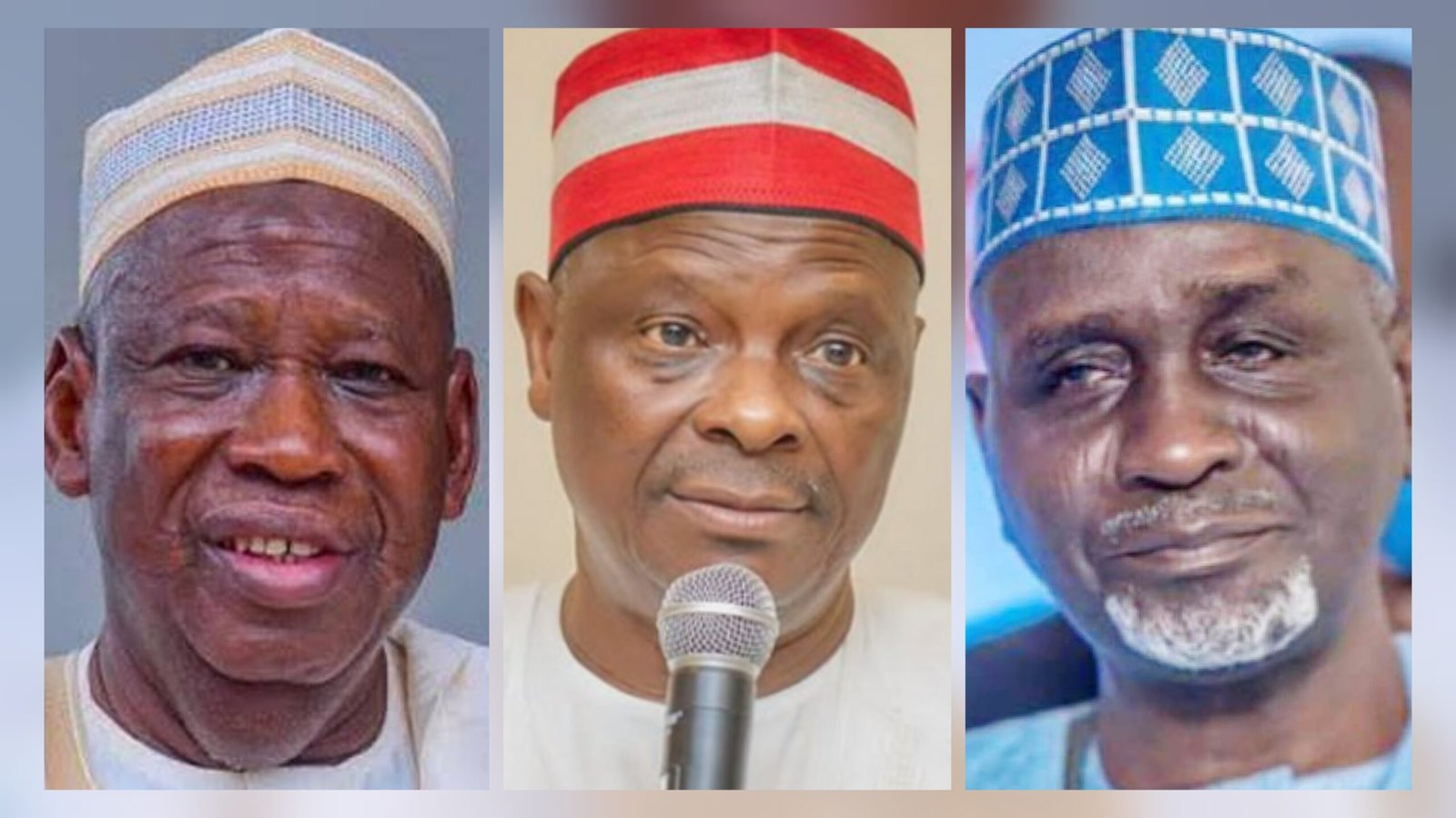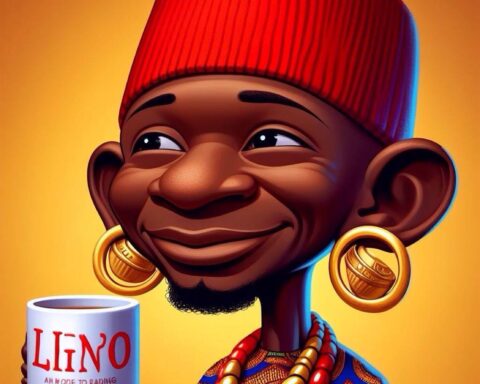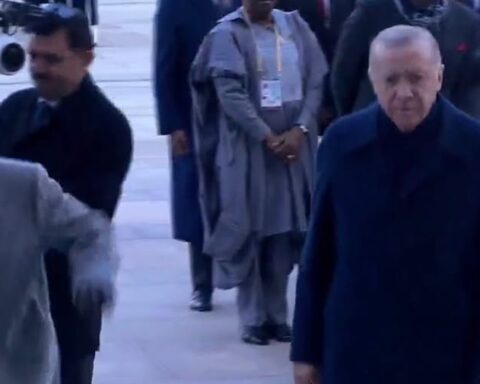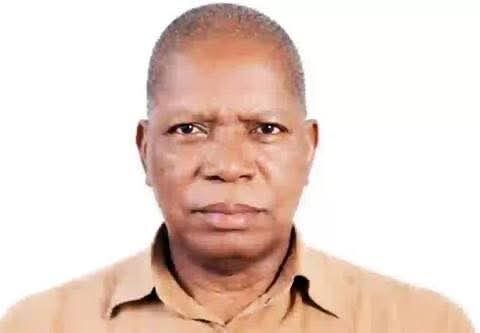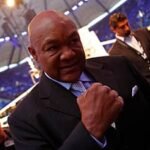
An epic poet describes the Fulani hunter as “shepherd of wild animals.” The hunter is also the one “who knows the calm and wild forest, with its many dangerous paths…..” When a man so described describes you as a target, you had better go sew a dress of steel. If you are from the South-West and you can read, read this: “Our next target now is this geo-political zone. The south-west geo-political zone. You know we are good at getting the target. We will do all that is possible to bring them into the fold.” That is from Abdullahi Ganduje, immediate past governor of Kano State and incumbent national chairman of the All Progressives Congress (APC). He made the solemn pledge in Akure, the Ondo State capital, after his party’s governorship election victory in that state two weeks ago.
Now, which fold was Ganduje talking about? And who are the “we” that are “good at getting the target”? Ganduje is smart. He chose his words deliberately and carefully. The strongman from Kano has significantly stepped back from his earlier obsession with capturing Oyo and Osun states. He now targets the entire zone. For whom? It can’t be for the APC – the party already has two-thirds of the zone. In Adebayo Faleti’s ‘Ogun Awitele’ (Foretold War), a band of thieves sent a handwritten letter to a village head: “We are coming to rob your people in seven days’ time.” The tone of the letter rattled the Baale and his chiefs. If you are sure of the efficacy of your amulets, you swear by them. The leader of the band of thieves signed his name as Ajiboogunsoro (he-who-wakes-up-to-converse-with-charms). A significant takeaway from that moment of fear and anxiety is the village head’s charge to his security chiefs to always know that no matter how powerful the boastful invaders are, “you should always remember that you are hunters, they are thieves (ode ni yín, olè ni wón)”. What Ganduje, the big man, said is evocative of a deja vu. There is something in Nigeria’s political history that suggests today’s mission as an echo of a daring, fateful yesterday.
But, whatever the man might be saying, I suggest he and his “we” take time to watch closely the Eyo masquerade of Lagos and listen attentively to their songs. The Eyo seductively mock their challengers with a folk song composed for colonialism on the futility of its land-grabbing propensity. They sing: “The white man took Oluwole; Lagos did not utter a word. With ease, the white man took Marina; again Lagos was silent. Now, they want to take Isale Eko. They think we are dumb.” The Eyo actually use the Hausa word, Kurumo (deaf and dumb). The Kano man, Ganduje, understands perfectly the imagery of the speechless who is at the same time dead in hearing. I am very sure that no one ever takes the South-West as a zone of the invalid, deaf and dumb.
Rabiu Musa Kwankwaso is a former governor of Kano State. He has been the boss (and friend) of Ganduje from the beginning of time. In a speech he delivered at the convocation ceremony of Skyline University, Kano, two weeks ago, Kwankwaso claimed that “Lagos” was working hard to enslave the whole North. He said: “Today, we can see very clearly that there is a lot of efforts from the Lagos axis to colonize this part of the country.” Kwankwaso is an old war horse and a rambunctious power-player. You ignore him at your peril, and to your sorrow
You remember a gentleman called Festus Odimegwu, a former Managing Director of the Nigerian Breweries Plc who was made the chairman of the National Population Commission (NPC) by President Goodluck Jonathan? In October, 2013, because Odimegwu said “No census has been credible in Nigeria since 1816″ (1866?), Kwankwaso stormed the Villa and asked President Jonathan to sack the man as NPC chairman. Kwankwaso told State House correspondents after meeting Jonathan: “I also raised the issue of the chairman of the National Population Commission, NPC, headed by one Festus Odimegwu. We are not happy about that appointment, and (we) think that it was a mistake. He (Odimegwu) had only worked in the alcoholic industry all his life. And my guess is that he’s taking a lot of his products and that is why we feel that his appointment is a mistake because he cannot be the chairman of NPC and at the same time attack what his predecessors have done.” With “automatic alacrity”, Jonathan obeyed Kwakwanso and asked Odimegwu to go on October 17, 2013. That is how you feel the power of power.
Ganduje was direct in naming his target: the South-West. Kwankwanso went poetic; Lagos was (is) his metaphor for the West. The man who wants to be president of Nigeria also spoke on tax collection. He said: “Today, we are aware that the Lagos young men are working so hard to impose taxes and take away our taxes from Kano and this part of the country to Lagos.” Who are Kwakwanso’s “Lagos young men”? And what VAT is Kwakwanso fighting over? VAT from confiscated products of “the alcoholic industry”? Or from the leveled groundnut pyramids of Kano?
Kwakwanso spoke about colonialism; Ganduje spoke about “getting the target.” Those two deserve more than anyone’s passing attention. Between them, Kano has been a captive cripple since 1999. Ibrahim Shekarau who acted during an interlude was Kwankwaso’s permanent secretary. The incumbent governor, Abba Kabir Yusuf, is Kwakwanso’s son-in-law. Check the figures: How many poor people did they meet in Kano in 1999, how many do they have now? In his ‘The Psychology of Science: A Reconnaissance,’ Abraham Maslow wrote in 1966: “If the only tool you have is a hammer, it is tempting to treat everything as if it were a nail.” Some describe what Maslow propounded as the ‘law of the instrument’. Others say it is the ‘law of the hammer’. Yet, some other analysts prefer to christen it ‘Maslow’s hammer’ or ‘the golden hammer.’ For persons whose idea of leadership is all about slave raiding, zone targeting and capturing, their choice of mission will always employ the rhetoric of slavery.
While Ganduje and Kwakwanso are doing their own their ways, the third Kano man, Shekarau, has been busy setting up a group he calls League of Northern Democrats (LND). At a meeting with the Arewa Consultative Forum (ACF) in Kaduna some days ago, a more nuanced Shekarau spoke on why he is doing what he is doing: “This marks the beginning of what we hope will be a transformative coalition for Northern Nigeria to confront its challenges…The challenges facing our region – poverty, insecurity, illiteracy, religious intolerance, disunity, and diminishing political influence – are indeed serious. The North is today in an ugly situation…” There is a fitting quote here attributed to Albert Einstein: “We cannot solve our problems with the same thinking we used when we created them.” Those who disfigured the face of beautiful northern Nigeria cannot now beautify it. You know what happened when the monkey insisted she wanted to beautify her child’s ugly face? She pushed the eyeballs deeper into the sockets. Monkey’s fingers are not structured to beautify anything. Take a look at them.
So, when I heard Ganduje say that his target was the South-West, I wondered why it is not his “target” that Kano’s groundnut pyramids are restored. And, when Kwakwanso said ‘Lagos’ was determined to colonise his “part of the country”, you should wonder why his rhetoric was all about power and not how to make his part of the country as safe and prosperous as the part where Lagos belongs. And Shekarau spoke about the North’s “diminishing political influence.” If I would counsel him, I would suggest that what the North of 2024 needs to regain its mojo is for its leaders to make the region safe by educating their young, and empowering and feeding their poor without enslaving them.
I call Kwankwaso, Ganduje and Shekarau the three musketeers of Kano. A soldier armed with a musket is a musketeer. In French history, we read of the Musketeers of the Guard (Mousquetaires de la garde) or the King’s Musketeers (Mousquetaires du roi). They existed to fight the king’s battles. Their exploits of guile, of swordsmanship and chivalry later spilt over to the plains of popular culture. Because of them, we have books and films with ‘The Three Musketeers’ (Les Trois Mousquetaires) as titles. The story of Kano since 1999 has been an intricate story of war and romance among those three musketeers who shared the years equally among them. They are not done with that city state, and with their North. They are not even done with the whole country. That is what you get when an elite band targets, captures and enslaves an enclave. Get your popcorn. They appear gearing up for war – with “Lagos”. And a good fight is coming. (The Nigerian Tribune)
-
Follow us on all social media platforms @dailyquery for more stories around the globe.
